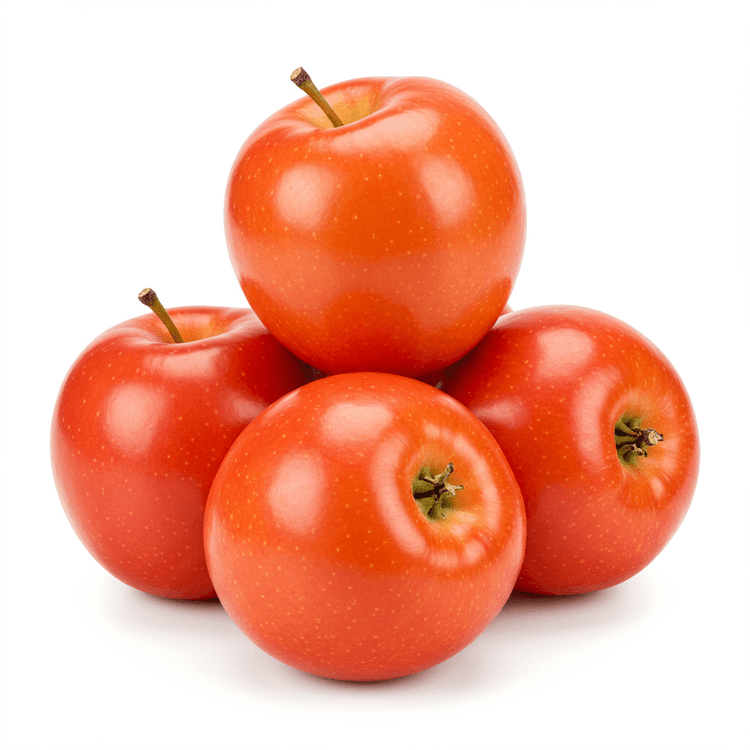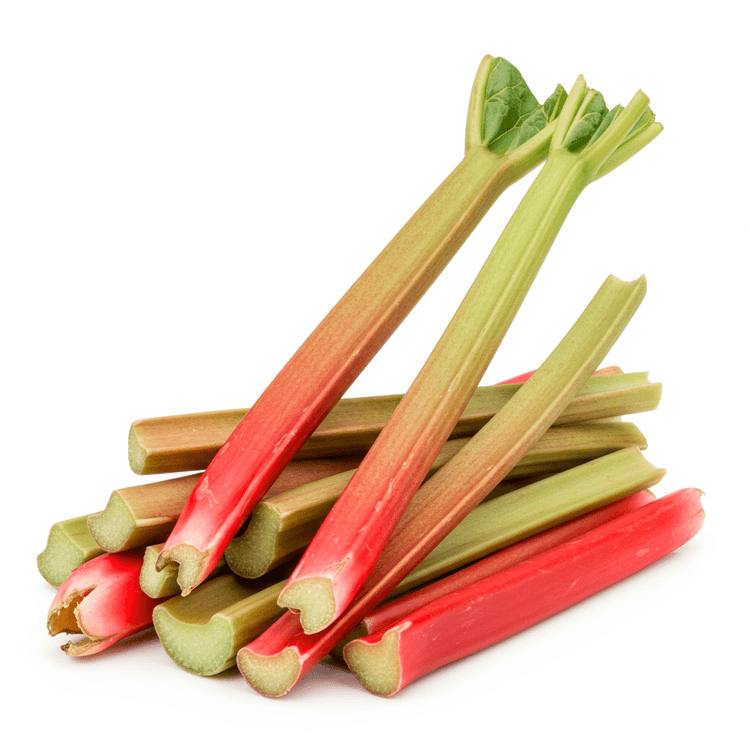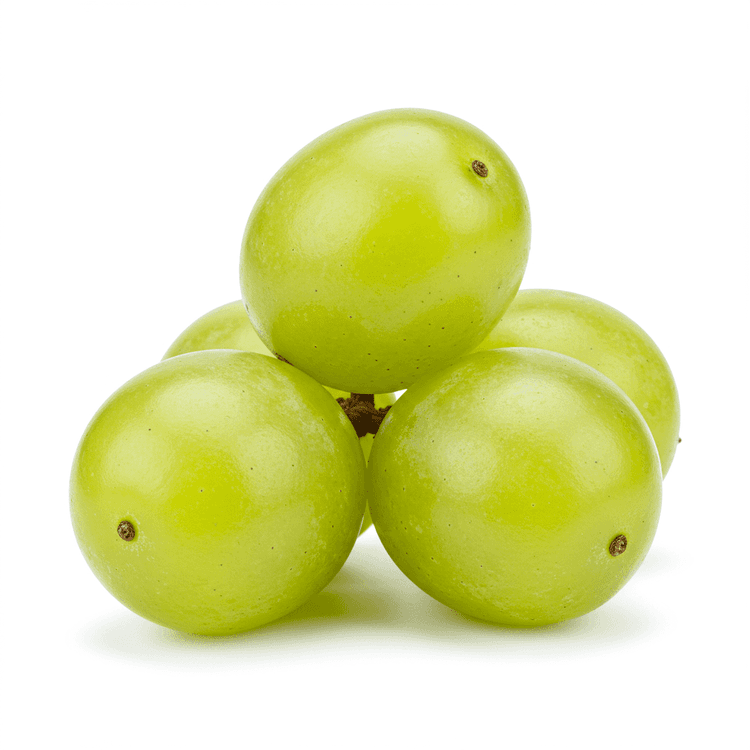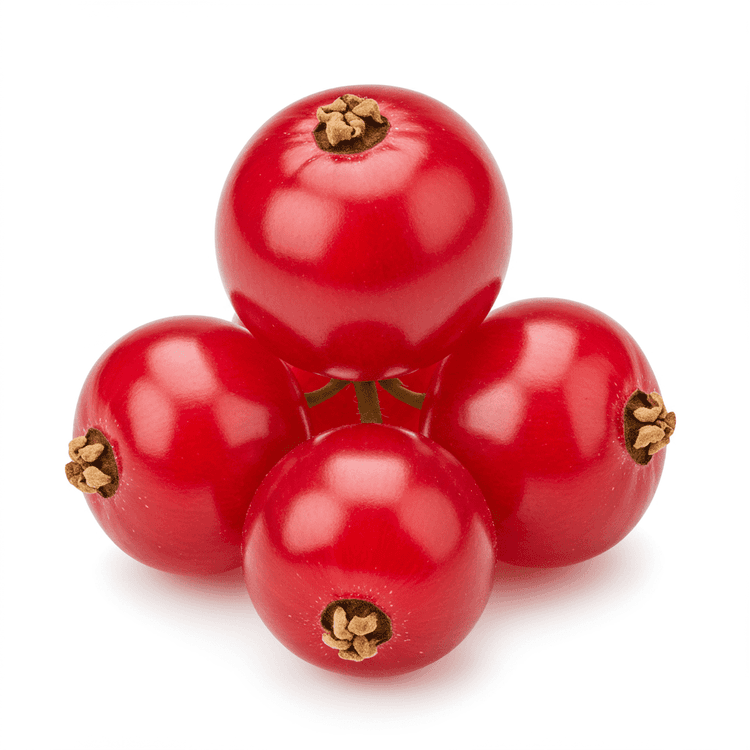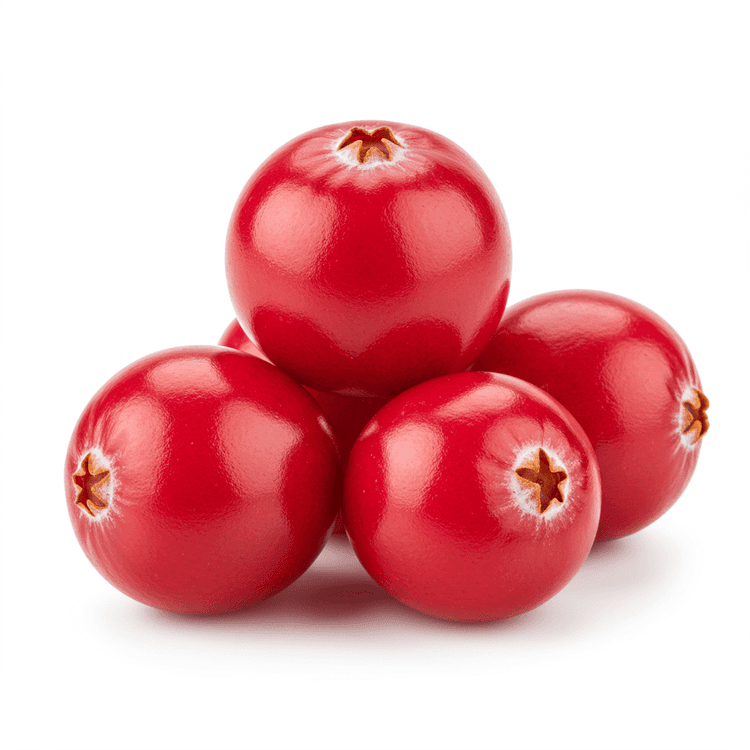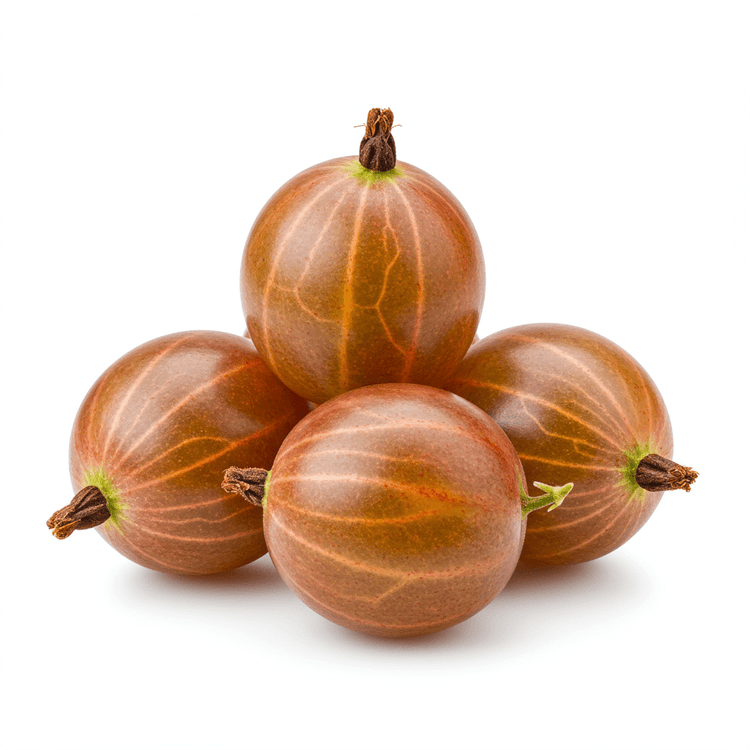
Gooseberry
Gooseberries are small, round fruits with a tart and tangy flavor profile that mellows as they ripen. Their translucent skin, often pale green but sometimes red or yellow depending on the variety, reveals juicy flesh speckled with tiny edible seeds. The texture ranges from firm and crisp when underripe to soft and slightly pulpy when fully ripe. These unique berries are a delightful addition to both sweet and savory dishes, offering a distinctive burst of flavor and a pleasing textural contrast.
Common Uses
- Making gooseberry jam or jelly is a classic way to preserve their tangy sweetness. Gooseberries create a beautiful jewel-toned spread perfect on toast or scones.
- Gooseberry fool, a traditional English dessert, combines cooked gooseberries with whipped cream or custard. The tartness of the fruit complements the richness of the dairy.
- Gooseberries are baked into pies and crumbles, often paired with other fruits like apples or rhubarb. Their acidity balances the sweetness of the other ingredients for a complex flavor.
- Gooseberries can be used to make sauces or chutneys to accompany grilled meats or fish. The tartness cuts through the richness of the protein.
- Gooseberries are pickled or preserved in vinegar, offering a tangy and sweet condiment that pairs well with cheese or charcuterie.
- Add them to salads for a bright, tangy burst of flavor and a unique textural element. They pair well with leafy greens, nuts, and cheeses.
Nutrition (per serving)
Nutrition (per serving)
Calories
44.0kcal (2.2%)
Protein
0.9g (1.8%)
Carbs
10.2g (3.71%)
Sugars
8.1g (16.2%)
Healthy Fat
0.8g
Unhealthy Fat
0.0g
% Daily Value based on a 2000 calorie diet
Nutrition (per serving)
Calories
44.0kcal (2.2%)
Protein
0.9g (1.8%)
Carbs
10.2g (3.71%)
Sugars
8.1g (16.2%)
Healthy Fat
0.8g
Unhealthy Fat
0.0g
% Daily Value based on a 2000 calorie diet
Health Benefits
- Rich in Vitamin C, boosting immunity and acting as a powerful antioxidant.
- High in fiber, promoting digestive health and regularity.
- Contains antioxidants that help protect against chronic diseases.
- May help regulate blood sugar levels due to its fiber and polyphenol content.
- Supports heart health by helping to lower cholesterol levels.
- Good source of Vitamin A, contributing to eye health and vision.
Chefadora AI is here.
Experience smarter, stress-free cooking.
Storage Tips
Gooseberries are best stored in the refrigerator to maintain their freshness and prevent them from spoiling quickly. Place them in a plastic bag or container in the crisper drawer. They can typically last for up to a week when properly refrigerated. For longer storage, gooseberries can be frozen. Spread them out on a baking sheet to freeze individually before transferring them to a freezer bag or container to prevent clumping. Frozen gooseberries can last for up to a year.
Marnirni-apinthi Building, Lot Fourteen,
North Terrace, Adelaide, South Australia, 5000
Australia
